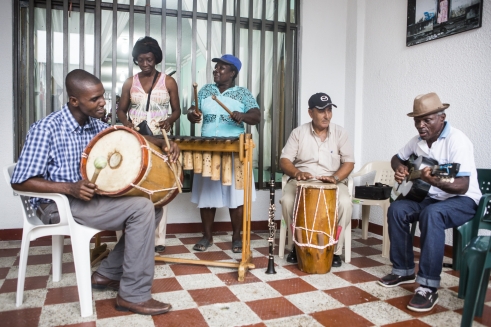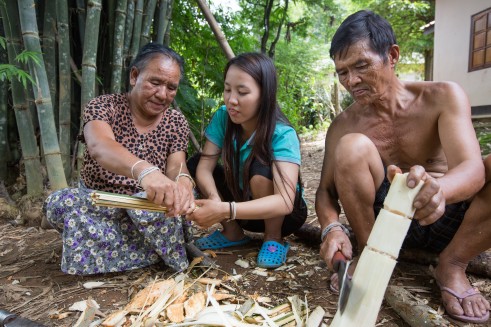By Ben Small
Switzerland is the best country in the world for older people, according to this year’s Global AgeWatch Index, climbing two places to replace Norway at the top spot.
Determining the ranks are indicators covering income security, health status, capability in terms of employment and education status, and whether public transport, personal safety, social connectedness and civic participation provide an enabling environment for older people.
Switzerland performed well across the board to beat 95 countries to the top spot. Afghanistan remains the Index’s worst nation for older people at 96th.

All of the top 10 nations are in Western Europe and North America besides Japan, which ranks eighth. While countries from all regions are represented towards the bottom of the table, including Greece (79), Turkey (75) and Venezuela (76), countries in Africa make up half of those with low income security and health results.
The missing 98 countries
In its third year, the Global AgeWatch Index is still missing 98 countries from the rankings due to insufficient available data.
“The big story this year in the Index, is that millions of older people are invisible, living their lives in countries where information on the quality of older age is missing from international data sets,” said Toby Porter, HelpAge International’s Chief Executive.
“Poverty rates in old age are missing from international data sets in at least 93 countries. It’s particularly shocking in Africa where there was only enough data available to include 11 out of 54 countries.
“Consequently, we know more about the needs of older people in Norway and Luxembourg, two of the richest countries in the world, than we do about those in Liberia and Burundi, two of the poorest.”
Growing inequality among the world’s ageing populations
The world’s population is rapidly ageing. UNDESA data suggests the number of older people will double by 2050. Yet wellbeing in later years looks to be going backwards and not forwards – suggesting the world is not prepared for this demographic transition.
The different between life expectancy at 60 between the countries at the top of the Index and those at the bottom has widened 5.7 years in 1990 to 7.3 today.

Without policies focused on older people, this gap will continue to widen, particularly as the impact of austerity in some nations disproportionately impacts those over 60. It is those countries that are thinking about ageing that do well in the Index – they have the data and are using it to direct their approaches to meet the needs of older people.
“Later this month, governments will be signing up to the UN Sustainable Development Goals, committing us to universal objectives and targets until 2030,” Toby Porter continues.
“Ageing has started to be recognised in the Sustainable Development Goals, following the commitment set by the UN Secretary-General Ban Ki-moon to ‘leave no one behind’.
“The Global AgeWatch Index can help show the impact that implementing the Sustainable Development Goals will have on the lives of older people but we need to fill the data gaps to complete the picture.
“Improved national, regional and global data, broken down by age and gender will help us to fully understand how men and women experience ageing around the world.”
Explore the Global AgeWatch Index on our dedicated website.
